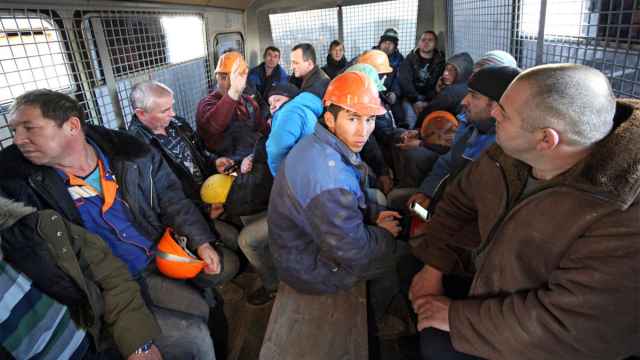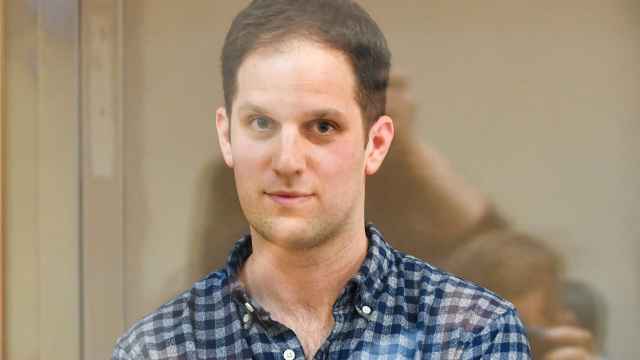Время перемен: time of change
I don’t like change. Not good at it. Fan of “if it ain’t broke, don’t fix it” (in Russian something like от здоровья не лечатся — healthy people don’t cure themselves). So I probably don’t use words associated with change as much as normal, psychologically healthy people.
But when I do want to discuss change in Russian, I have to stop for a moment and think which word to use. I don’t know if Russians are better at dealing with change than other nations, but they sure have lots of ways of describing it.
The basic way to change something is with the verb pair изменять/изменить (to change). You can change a lot in yourself: Она изменила цвет волос, стала брюнеткой (She changed her hair color and became a brunette.) Or you can change what you do: Мы изменили наш образ жизни и бегаем почти час по утрам (We changed our lifestyle and go jogging for almost an hour in the morning.) But maybe not basic things: Он не может изменить свой характер (He can’t change his personality.)
The noun from these verbs is изменение, which is pretty much any kind of change, like physical or psychological: У здоровых детей в этом возрасте происходят существенные изменения (At that age healthy children undergo significant changes). And if you’ve ever had dealings with official government papers, you’ll know this kind of change by heart: Мы рассмотрели целесообразность внесения изменений и дополнений в Федеральный закон (We considered whether it would make sense to introduce amendments and supplements into the Federal law.)
For some reason I love all the ways you can change something in Russian completely, absolutely, fundamentally, through and through and I’m not kidding I mean like leave no stone unturned change it all: изменить до неузнаваемости (to change something unrecognizably); изменить кардинально (to change something fundamentally); в корне изменить (to change the very essence of something); изменить радикально (to change something radically); изменить совершенно (to change something completely); полностью изменить (to totally change something).
If you want to change something for something else, you use the verb pair обменивать/обменять (to exchange). For example, you could say Хочу изменить свою квартиру (I want to make changes to my apartment), although you’d be more likely to specify what you’d like to change: изменить планировку (change the layout), изменить стиль (change the décor). But if you say Хочу обменять свою квартиру, that means: I want to exchange my apartment for another one.
This is a remnant of the Soviet era, when people didn’t own their apartments so could not buy and sell them. They could, however, trade them. Apartments were traded с доплатой или без (with additional payment or not). You’d see announcements taped up all over town: Хочу обменять двухкомнатную в центре на две однокомнатные в спальных районах (I want to trade a two-room apartment in the center for two one-room apartments in outer-lying residential districts.) That meant: divorce.
Other trades are less emotionally fraught: обмен валюты (currency exchange) is trading one currency for an equal amount of another.
And then there is the noun перемена, also a kind of change. In the past, and to some extent today, перемена could be used for a trade or a change of something, like bed linen or clothes: Захватил с собой в дорогу три перемены белья (He took three changes of underclothes on his trip.)
Now you most often hear перемена in two ways that are almost opposites in scale. The first is a break in school or work: Разговоры шли непрерывно― и на уроках, и на переменах, и на прогулках (The kids talked constantly — in class, during breaks, and on walks.)
The other is the enormous, almost abstract change with a capital “C.” You might find a book with the title: Время перемен: социально-экономическая адаптация населения. (Time of Change: The Socio-Economic Adaptation of the Population.) Or people might say very seriously: Будь готова к переменам — возможно, придётся заниматься чем-то совершенно другим (Be ready for major changes. You may have to do something entirely different.)
Мы ждём перемен! (We want change!)
Well, some of us do.
Michele A. Berdy is a Moscow-based translator and interpreter, author of “The Russian Word’s Worth,” a collection of her columns. Follow her on Twitter @MicheleBerdy.






